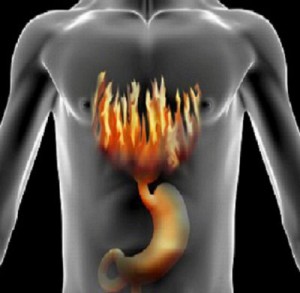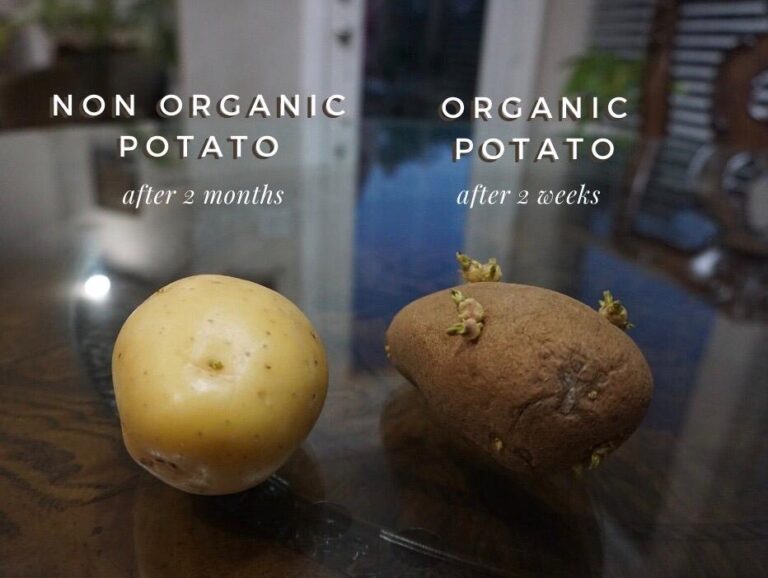What Is Heartburn/acid reflux?
Despite its name, heartburn has nothing to do with the heart. It creates a burning discomfort in the chest hence the name. It is caused by irritation of the esophagus by stomach acid. Heartburn is a weekly occurrence for up to 20% of Americans.
Do you remember the biology lessons from High school?
Gastric acid is a digestive fluid, formed in the stomach. It is composed of hydrochloric acid (HCl), potassium chloride (KCl), and sodium chloride (NaCl). The acid plays a key role in digestion by activating the digestive enzymes. Being acidic is the natural state of the stomach. The stomach is lined by epithelial cells which protect the stomach from the overall acidic environment.
What causes Heartburn?
The reason behind acid reflux/heartburn is that when the stomach does not make enough acid to break down the protein you just ingested in your meals, it churns vigorously to make the best use of the limited acid it has. This in turn causes pressure and backflows of the existing acid. The combination of the back flows into the esophagus and the stomach’s cramping action is what causes pain and discomfort.
The physiology of heartburn during pregnancy is slightly different. The cause is hormonal as well as physical changes. The hormone that relaxes muscles during pregnancy, also relaxes the stomach valve letting acid into the esophagus, hence the heartburn. Also, the growing baby crowds the stomach, forcing acid into the esophagus.
Does your stomach have enough acid?
Unfortunately, in today’s world of high stress, processed foods, antibiotic over-use, prescription, and various drugs side effects our stomach’s ability to make acid is reduced. Also with age, there is a reduction of HCl produced by the stomach. Many digestive problems are caused by too little stomach acid. It may seem like there is too much acid because of heartburn or a sour aftertaste but the cause of the problem is low stomach acid and not too much acid as perceived.
What happens when you take an antacid?
When you take an antacid it gives you instant relief by neutralizing the acid in your esophagus but does the very opposite for your digestion. It neutralizes the low acid that you have and will worsen the problem. The same symptoms will appear at the next meal and you will again have to take an antacid for symptomatic relief and not cure the cause of the problem. To recreate acids that have been neutralized, the body must carry out a set of complex chemical reactions that stresses the body and cause it to develop an acidic pH. This process is quite unhealthy.
Some of the common symptoms caused by low stomach acid are :
Bloating, belching, and flatulence immediately after meals, heartburn (often thought to be caused by too much stomach acid), indigestion, acne, hair loss in women, weak fingernails, chronic fatigue, dry skin etc
A Natural Remedy:
If you already know that you have an ulcer, stop here.
The next time that you have indigestion/stomach pain try an experiment that gives your stomach the acid that it needs.
- Take a tablespoon of lemon juice mixed with a glass of water (no sugary lemonade).
If this makes the pain go away, the cause of the ailment is low acid.
this makes the pain go away, the cause of the ailment is low acid.
Or 2. Take a tablespoon of apple cider vinegar and chase it with a glass of water. I recommend only purchasing organic, raw apple cider vinegar in glass containers All stomach churning and pain should subside within minutes unless the problem is ulcers. The results are amazing.
Or 3. Another practical solution is apple cider vinegar gummies with each protein-containing meals.
A Natural remedy during pregnancy:
Although heartburn during pregnancy is mostly harmless it can get uncomfortable. Try eating small meals and sipping ginger tea in between meals for relief. Ginger in herbal tea or candy ginger can really help.







